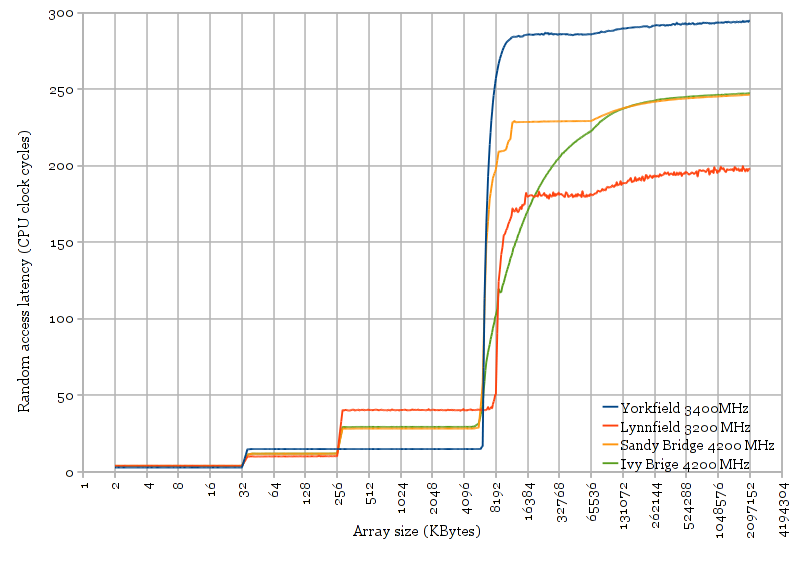A computer can only process numbers smaller than say $2^{64}$ in a single operation, so even an $O(1)$ algorithm only takes constant time if $n<2^{64}$. If I somehow had an array of $2^{1000}$ elements to process, even an $O(1)$ operation such as an index lookup will start to take longer as the index has to be calculated in multiple operations. I think it will take at least $O(\log n)$.
Similarly even if an algorithm has $O(\log n)$ complexity, $\log n$ cannot possibly grow larger than about a hundred, so could be ignored as no larger than a small constant.
So, is it really meaningful to treat $O(1)$ and $O(\log n)$ as different?
The same applies of any difference of $\log n$, like between $O(n)$, $O(n\log n)$ and $O(n/\log n)$.

